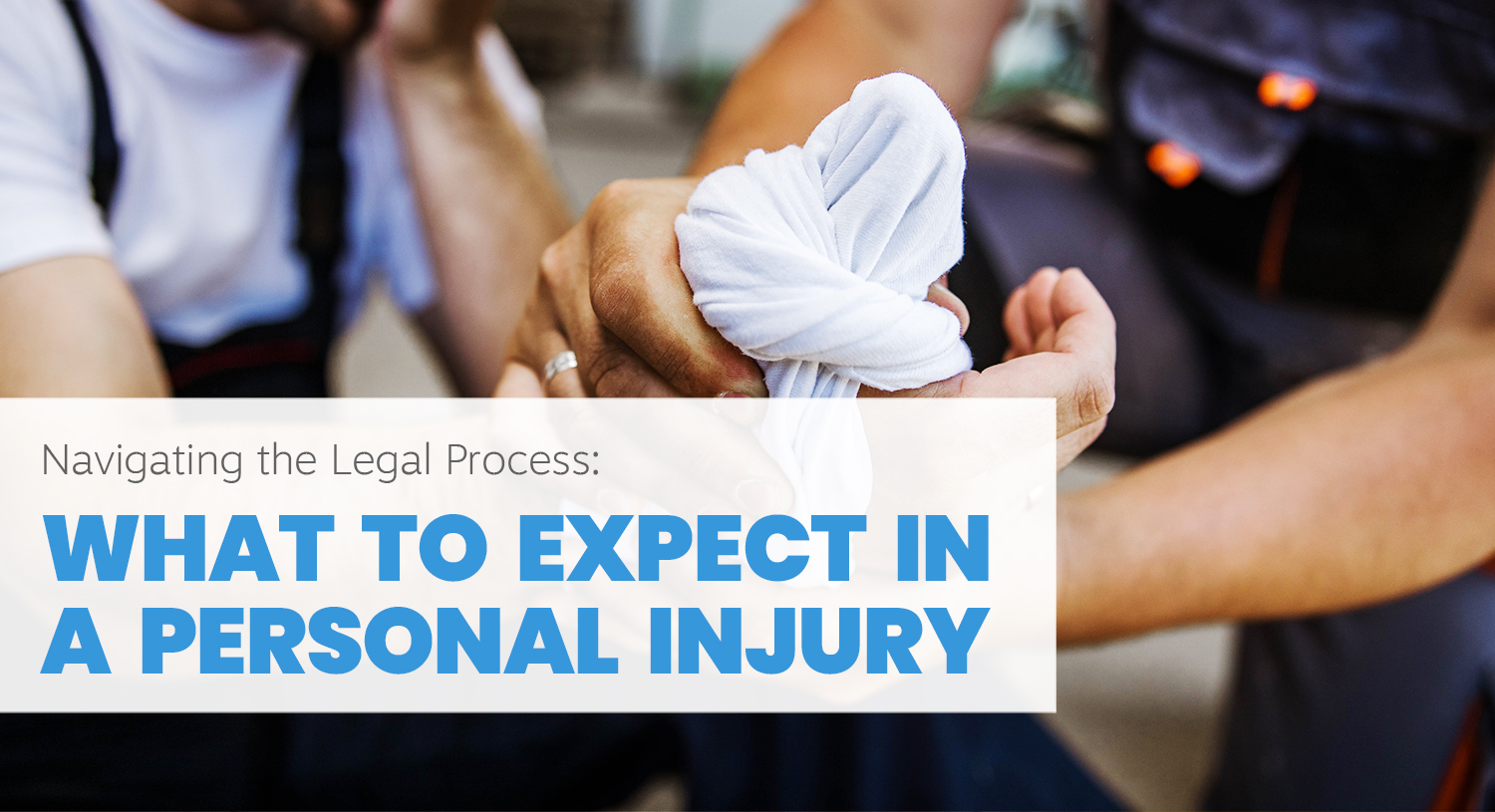Experiencing a personal injury due to someone else’s actions or negligence can be a traumatic ordeal. Such injuries can lead to financial strain, emotional distress, and even job loss, making it feel overwhelming to navigate the legal system. However, understanding the process can reduce some uncertainty if you are considering filing a personal injury lawsuit. Here’s a step-by-step overview of what to expect.
1. Initial Consultation with an Attorney
The first step in a personal injury case is to meet with an attorney. During this consultation, you will discuss the details of your case, including how the injury occurred, the parties involved, and the impact it has had on your life. The attorney will evaluate the strength of your case and explain your legal options. Most personal injury attorneys offer confidential initial consultations and work on a contingency fee basis, which means they only get paid if you win your case.
2. Investigation and Case Preparation
After hiring an attorney, they will start investigating your case. This process involves collecting evidence, including accident reports, medical records, witness statements, and scene photographs. Your attorney may also consult experts, such as medical or accident reconstruction specialists, to help build a strong case.
3. Filing the Complaint
If an early settlement cannot be reached, your attorney will file a legal document known as a “complaint” with the court. This document outlines your claims, specifies the damages you seek, and explains the legal basis for your lawsuit. The defendant, the person or entity being sued, will be formally notified of the lawsuit and allowed to respond.
4. The Discovery Phase
The discovery process is essential for uncovering facts and strengthening your case. During the discovery phase of a legal case, both sides exchange information that is relevant to the matter at hand. This phase typically includes the following components:
- Interrogatories: These are written questions that each party must respond to under oath.
- Depositions: This involves taking oral testimony under oath from the parties involved, witnesses, and experts.
- Requests for Documents: This entails sharing evidence, including medical records, emails, and photographs.
5. Negotiation and Settlement Talks
Many personal injury cases are resolved through settlement negotiations before reaching trial. Your attorney will negotiate with the defendant’s insurance company or legal team to secure fair compensation for your injuries. If a settlement is reached, the case ends here; if not, it will go to trial.
6. Trial (If Necessary)
A trial is only necessary if a settlement cannot be reached. Both sides will present their evidence and arguments to a judge or jury during the trial. The judge or jury will then decide whether the defendant is liable and, if so, the damages you should receive. While trials can be lengthy and unpredictable, they may be necessary to secure fair compensation.
7. Receiving Compensation
If you win your case, the court will award damages to compensate for your losses. These may include:
- Economic Damages: Medical bills, lost wages, and other measurable financial losses.
- Non-Economic Damages: Pain and suffering, emotional distress, and loss of quality of life.
- Punitive Damages: In rare cases, additional damages may be awarded to punish the defendant for particularly egregious behavior.
Your attorney will help ensure the judgment is enforced and you receive the compensation you deserve.
Final Thoughts
Navigating the legal process for a personal injury lawsuit can be complex and time-consuming, but an experienced personal injury attorney can guide you every step of the way. By understanding what to expect, you can make informed decisions and focus on your recovery while your legal team works to secure justice on your behalf. If you or a loved one has been injured due to someone’s action or negligence, contact the Law Offices of Reginald Keith Davis. We will work to protect your rights and pursue the compensation you deserve.
Contact us now at kcklawyer.com
Phone: (913) 299-8789

